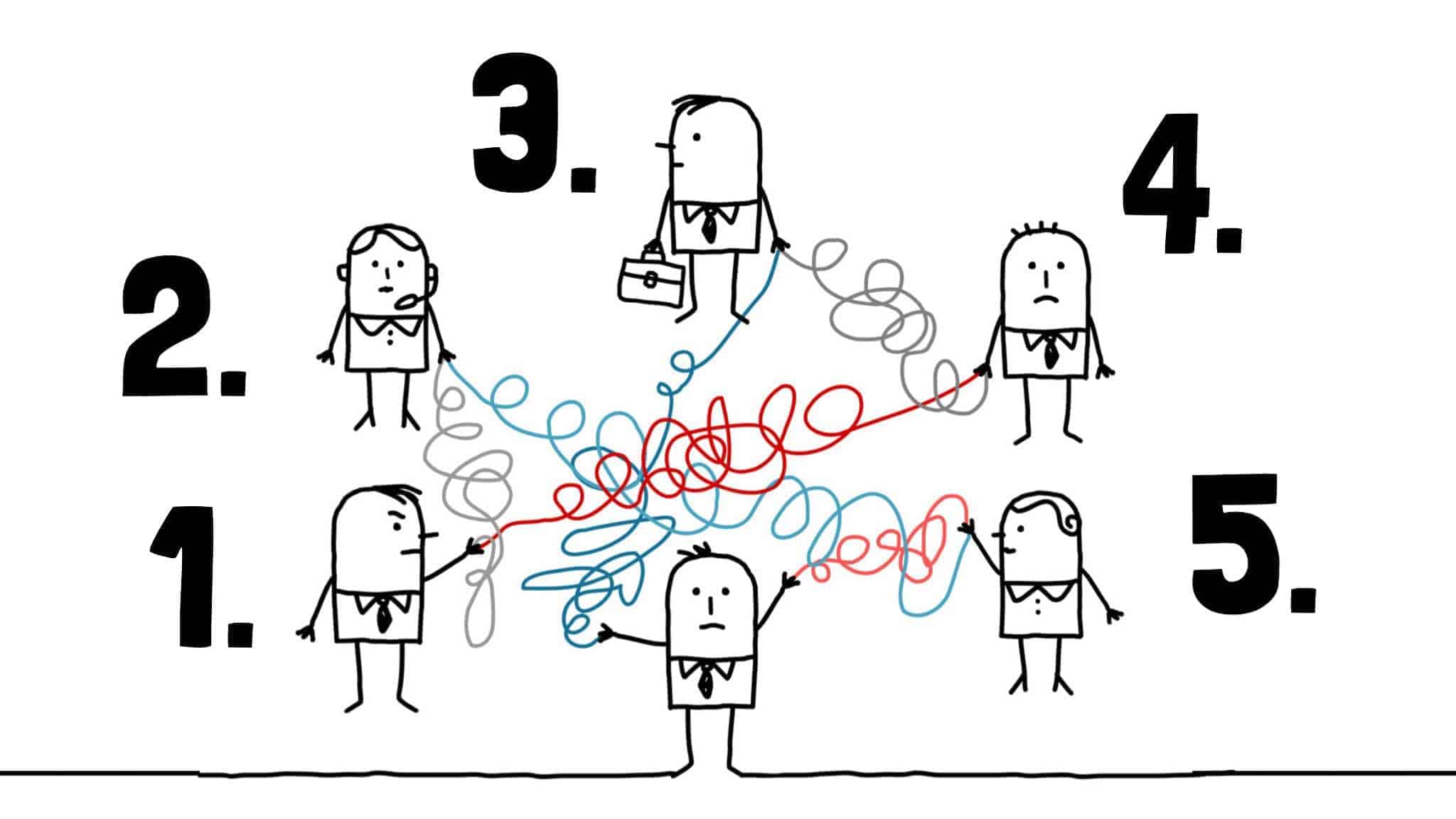Work is stressful for many people (even on a good day). Toxic coworkers can cause even more stress and frustration at work, which can lead to difficulties at home and health-related issues. As the stress takes its toll on our emotional stability and physical well-being, our productivity and happiness go down. Toxic coworkers can literally suck the life out of us if we aren’t careful. We all have them and we all have to deal with them in a professional manner.
Here are five types of toxic coworkers and how to deal with them:
1. The Politician
The Politician is obsessed with inter-office politics. They are more worried about getting the next high profile project or client than actually doing their work. They spend most of their day reminding the boss how awesome they are and talking with other employees to try and figure out what is going on and who is doing what. It is all a game to them and one they plan on winning, even if they have to back-stab and step on everyone they work with to win.
Don’t get drawn into their schemes or plots. Don’t give them any more information than you have to, as they will suck away your time asking questions about who is doing what or who is the boss’s favorite. Also, document all of your work and make sure that your work flows directly to your boss and not through the Politician. Save emails and voicemail in case you need proof that you, in fact, did the work, and not the Politician who likely wants credit for it. Be careful with emails, as the Politician will ask you to forward work to them for review while they send it on to the boss and claim credit for it.
2. The Singularity
A Singularity is also called a Black Hole. They are time suckers in that they procrastinate and wait to the last minute to complete assignments or turn in projects. They’re always in a crisis. They are negative and always have some sob story or another to share with you as to why they are late or behind schedule.
The easiest way to deal with them is to leave enough room in the schedule between the deadline you give them and the actual deadline. This way, their crisis does not become a actual crisis for you.
3. The Rumor Monger
This person is the nexus for the office rumor mill. They spend most of their day chatting with coworkers. Furthermore, they dig for juicy tidbits of personal information. They get a perverse pleasure from talking about other people. They waste everyone’s time with trivial stories about fellow coworkers that may or may not even be true. In short, they are a massive time sucker.
Don’t engage with them. They will take anything you say and spread it around the office. Unless you want information to be spread to everyone in the office, then don’t talk to this person. Anything you say will be passed on to everyone else.
4. The Slacker
This person spends more time working to avoid work than just doing their job. They’re content to let everyone else in the office pick up their slack. They don’t care what anyone thinks of them. So if they can get away with not doing anything, then they will do as little as possible. They spend a lot of time learning exactly what they can get away with and how little they can do without getting fired.
The best way to deal with them is to demand accountability and pop in to visit unannounced. Keep them on their toes so that they never know when they will be checked up on. Also, if you reward their productivity when they actually produce, you may incentivize them into better work habits without the increased supervision.
5. The Social Butterfly
This person wants to chat and goof off all day with their coworkers. They see work as a chance to socialize and hangout. They’re loud and distracting, as they are inherently charismatic and funny. They are typically immature and unprofessional and like to fan office drama for their own enjoyment. They tend to waste work time with non-work-related conversations and distract other employees.
Related article: 5 Ways To Deal With Toxic People
They tend to have a lot of energy and good interpersonal skills, and if you can redirect those positive traits into work-related areas, they may become an asset. Until then, they will require a lot of supervising and redirecting them back onto the task at hand.

















